
Showing 1–16 of 23 results
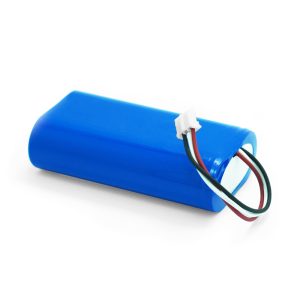
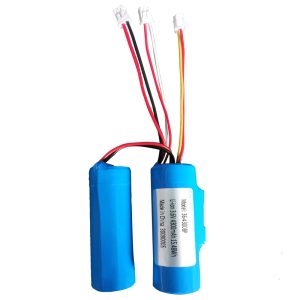
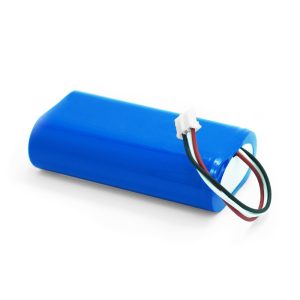
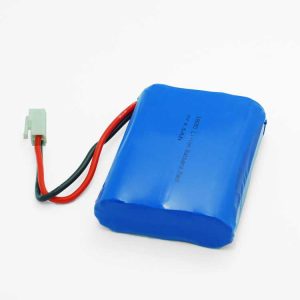
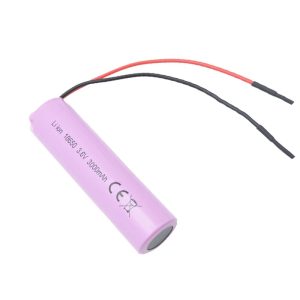
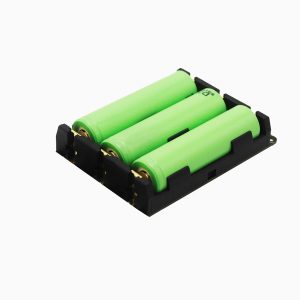
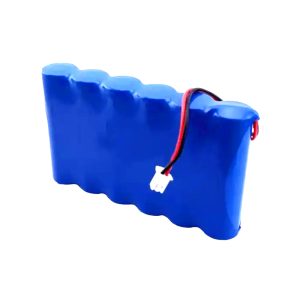
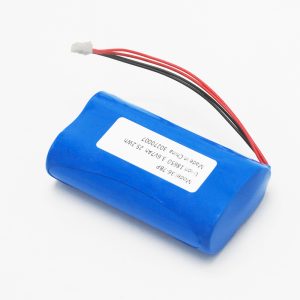
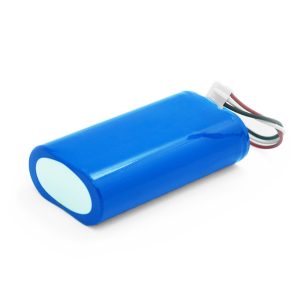
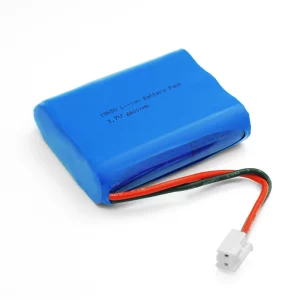
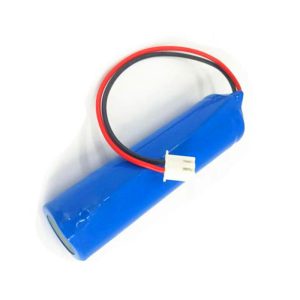
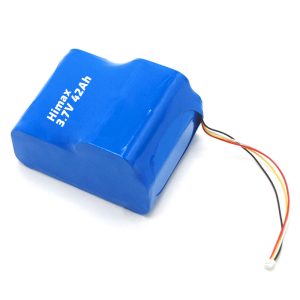
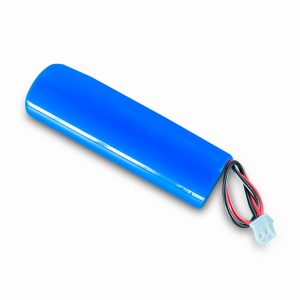
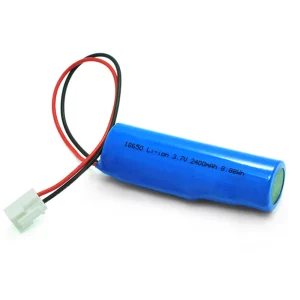
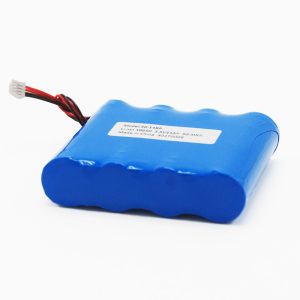
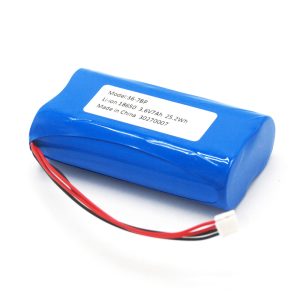
Lorem ipsum dolor sit amet consectetur adipisicing elit.
Dolorem vero omnis hic cupiditate cumque sunt corporis quas excepturi, labore, libero quam enim voluptatem magnam animi temporibus exercitationem ex culpa eligendi.
Lithium-ion batteries offer high energy density (150–250 Wh/kg), lightweight design, and fast charging. They are the go-to power source for smartphones, laptops, EVs, and industrial applications.
Yes — lithium-ion batteries are safe when properly designed and manufactured to recognized standards and used with an appropriate BMS that handles cell balancing, over-charge/over-discharge, short-circuit and temperature protection. Use chargers matched to the battery chemistry, ensure good thermal and mechanical design, follow manufacturer storage/temperature/SOC guidelines, and choose certified products (e.g., IEC 62133, UL, UN38.3) from reputable manufacturers to minimize risk.
Lithium-ion batteries are 30–50% lighter, last up to 2x longer, and charge faster, making them a better option for EVs and power tools. Ni-MH batteries are cheaper but more common in low-cost consumer electronics.
They power consumer electronics, drones, solar lamps, and medical, offering higher performance and reliability compared to other battery types.